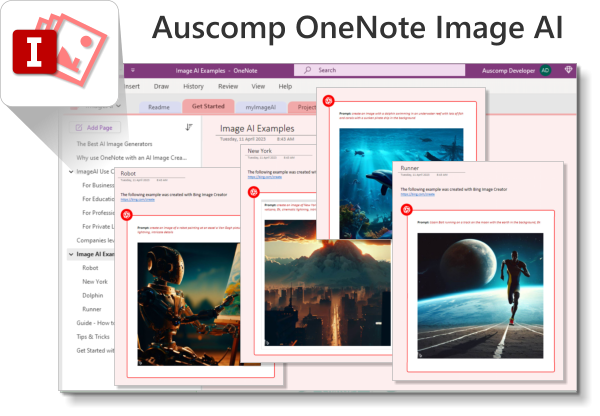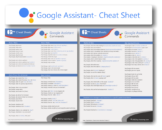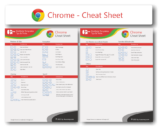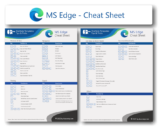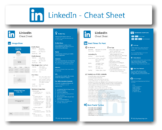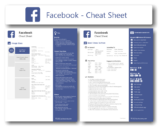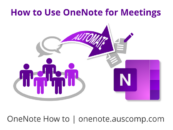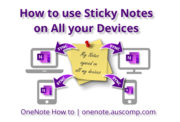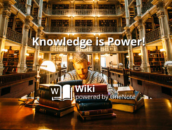
The advent of Artificial Intelligence (AI) has been a game-changer in the global economic landscape.
As AI continues to evolve, it is poised to disrupt numerous industries, potentially displacing many jobs. However, it’s not all doom and gloom. Understanding the potential impact of AI on your industry can help you prepare and adapt, ensuring you remain relevant in the job market.
Industries at Risk:

Manufacturing:
The manufacturing industry has been at the forefront of automation for decades, with machines taking over repetitive tasks on assembly lines. However, AI is set to take this a step further. Advanced AI systems can manage complex tasks, make decisions based on real-time data, and even perform quality control. This could potentially replace jobs that require manual labor or routine supervision. However, it could also create new roles in AI maintenance, programming, and oversight.
Transportation:
The transportation industry is on the brink of a major transformation with the advent of autonomous vehicles. Self-driving cars, trucks, and drones could potentially replace human drivers and pilots. This could significantly impact jobs in trucking, taxi services, and delivery services. However, new roles may emerge in areas like autonomous vehicle maintenance, traffic management systems, and safety compliance.


Education:
AI has the potential to transform the way we teach and learn. AI-powered systems can personalize learning experiences, adapt to a student’s pace, and provide instant feedback. They can also automate administrative tasks such as grading and scheduling, freeing up time for educators to focus on more complex tasks. This could potentially impact jobs related to tutoring, administrative work, and even some teaching roles. However, just like in healthcare, the human element is crucial in education, and many roles will likely remain. Furthermore, new roles may emerge in areas like educational technology development, personalized learning design, and AI-based educational research.
Retrail:
AI is transforming the retail industry in several ways. AI algorithms can predict consumer behavior, manage inventory, and even interact with customers. Amazon’s cashier-less stores, for instance, use AI to track purchases and process payments, eliminating the need for cashiers. This could potentially impact jobs in sales and inventory management. However, there will likely be an increased demand for roles in AI-based customer service, data analysis, and digital marketing.


Customer Service:
AI-powered chatbots and virtual assistants are becoming increasingly sophisticated, capable of handling a wide range of customer queries. This could reduce the need for human customer service representatives, particularly in call centers. However, there will still be a need for human oversight, particularly for complex issues that require human judgment. Roles in chatbot programming, AI-based customer experience design, and AI ethics could see growth.
Healthcare:
AI has the potential to revolutionize healthcare. AI algorithms can analyze patient data, diagnose diseases, and even assist in surgeries. This could potentially impact jobs related to data analysis, routine check-ups, and even some surgical procedures. However, healthcare is a field that relies heavily on human judgment and interaction, so many roles will likely remain. Furthermore, new roles may emerge in areas like AI-based diagnostic services, personalized medicine, and telemedicine.

Remember, every industrial revolution in history has led to job displacement, but it has also created new opportunities!
What You Can Do About It
While it’s true that AI may replace certain jobs, it’s also important to remember that it will create new ones. Here’s what you can do to stay ahead:

Stay Informed:
Staying informed means keeping up with the latest news and trends in AI. This can help you anticipate changes in your industry, identify opportunities, and prepare for the future. You can stay informed by reading industry publications, attending conferences, or joining professional networks. Also, be sure to look out for our next newsletter, which will be about Microsoft’s new Copilot feature in Microsoft 365. This feature is a great example of how AI is being integrated into everyday tools, and understanding how it works can give you valuable insights into the capabilities of AI. By staying informed about developments like these, you can stay ahead of the curve and be better prepared for the changes that AI will bring.

Upskill:
Upskilling refers to the process of learning new skills or improving existing ones to stay relevant in your job. In the context of AI, this could mean learning how to use AI tools, understanding how AI can be applied in your industry, or even learning to code. One excellent way to start this process is by having a look at our personal and professional development templates for OneNote. These templates can guide you in setting goals, tracking your progress, and managing your learning. They can also provide a structured framework for your upskilling journey, helping you stay focused and organized. There are numerous online courses and certifications available that can help you upskill, and these OneNote templates can be a valuable tool in planning and managing your professional development.

Focus on Soft Skills:
While AI is excellent at performing tasks, it’s not so great at human interaction. Soft skills like communication, empathy, leadership, and creativity are uniquely human and will remain in high demand. These skills can help you stand out in an increasingly automated job market. For example, even if a chatbot can handle customer queries, it can’t replicate the human touch that a customer service representative can provide.

Embrace Technology:
Embracing technology means being open to the changes that AI will bring, rather than resisting them. This could involve adopting new technologies in your work, staying informed about the latest AI trends, or even advocating for the use of AI in your organization. One perfect way to get started with this, regardless of your industry, is by using OneNote templates from Auscomp. These templates are designed to help professionals organize their work, manage projects, and collaborate more effectively. They can also provide a hands-on introduction to AI technologies, helping you understand how AI can be used in a practical context. By integrating such tools into your work, you can not only improve your own efficiency but also prepare for a future where AI will be increasingly prevalent. The more comfortable you are with AI, the better positioned you’ll be to adapt to the changes it brings.

In conclusion
AI is set to disrupt many industries, but that doesn’t mean your job is at risk. By staying informed, upskilling, and embracing technology, you can ensure that you remain valuable in the job market.
One practical way to start upskilling is by using our OneNote templates, especially those that incorporate AI technologies like ChatGPT and Image AI. These tools can provide a hands-on introduction to the capabilities of AI, offering a practical and accessible way to start learning about this transformative technology.
ChatGPT, for example, can help you understand how AI can generate human-like text, respond to prompts, and even write essays or articles. It’s a practical demonstration of how AI can be used for tasks ranging from customer service to content creation.
Similarly, Image AI can show you how AI can be used to analyze and interpret visual data. This can be particularly useful in industries like healthcare, where AI is being used to analyze medical images, or in retail, where it’s used to track inventory and analyze consumer behavior.
By using these OneNote templates, you can start to understand the capabilities of AI, see how it might be applied in your industry, and begin to think about how you can use it to your advantage. This hands-on experience can be invaluable in helping you prepare for the changes that AI will bring.
Remember, every industrial revolution in history has led to job displacement, but it has also created new opportunities. The AI revolution will be no different. By embracing AI and taking proactive steps to upskill, you can ensure that you’re ready for the opportunities that this new era will bring.
We’ve created ChatGPT & Image AI OneNote templates with 80 more practical use cases, how to’s, and tips & tricks to get you started fast!
[t4b-ticker]


